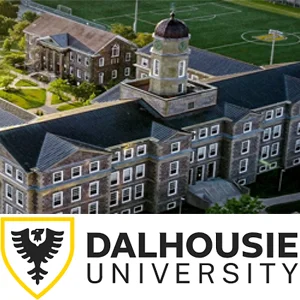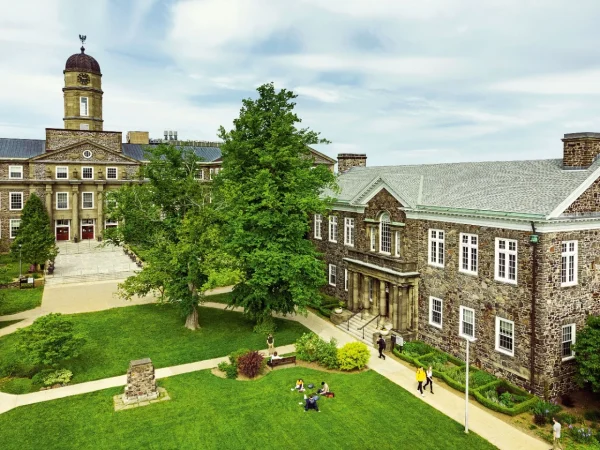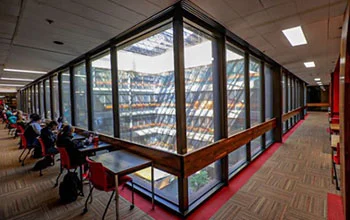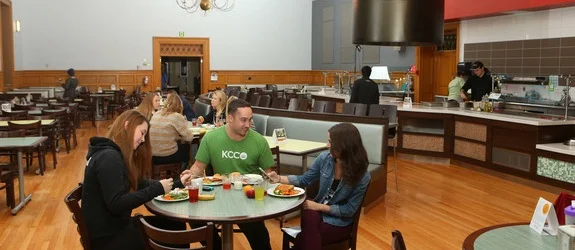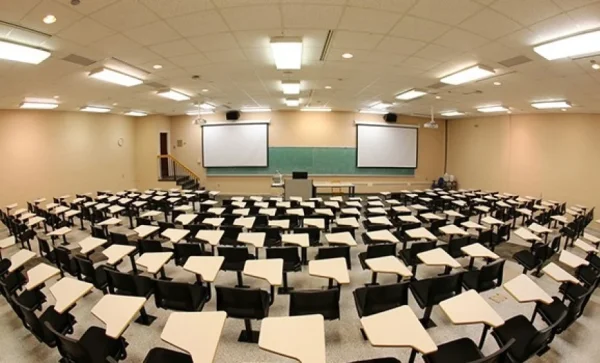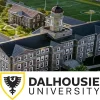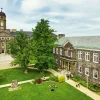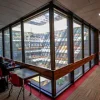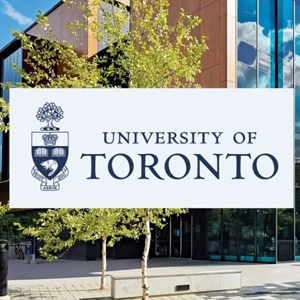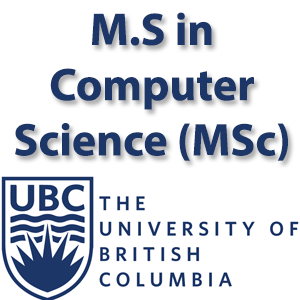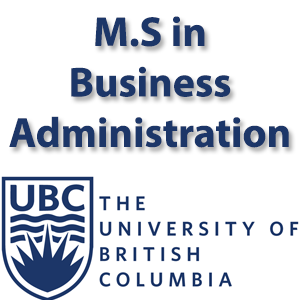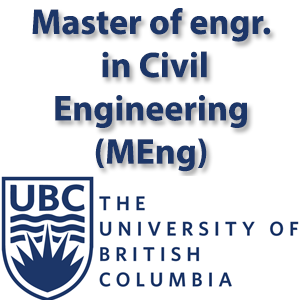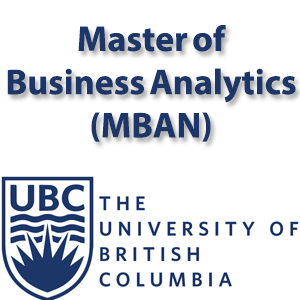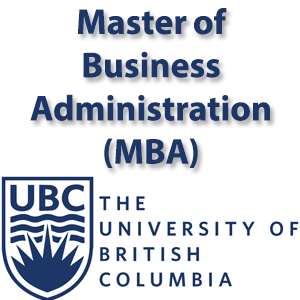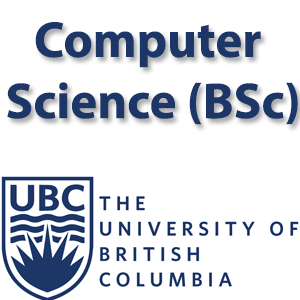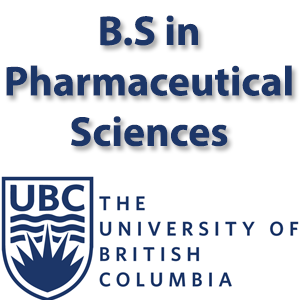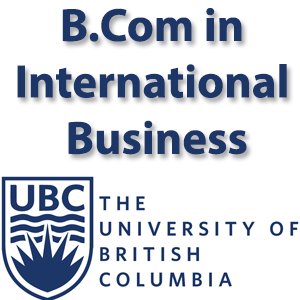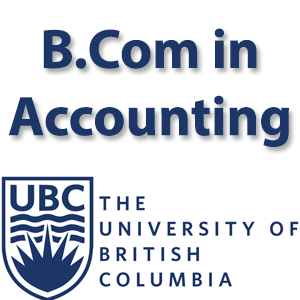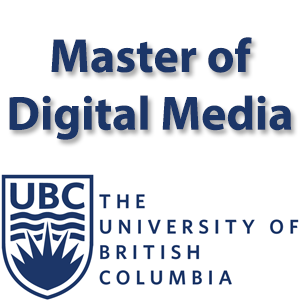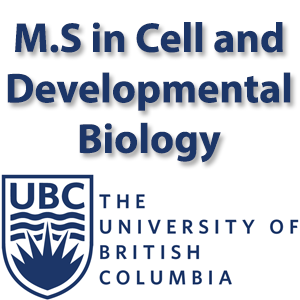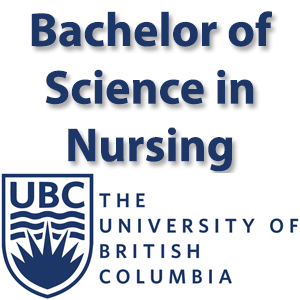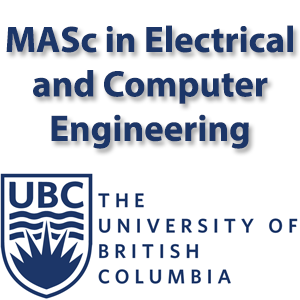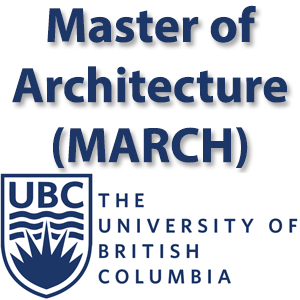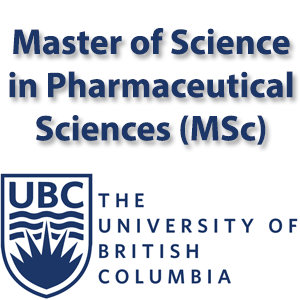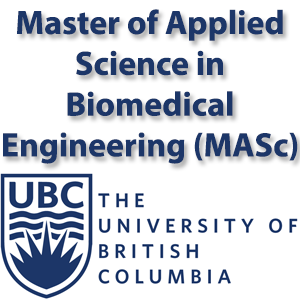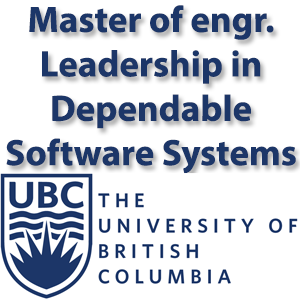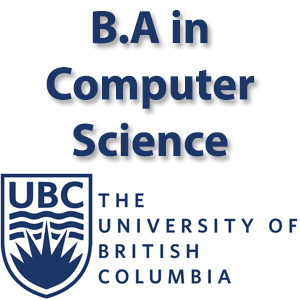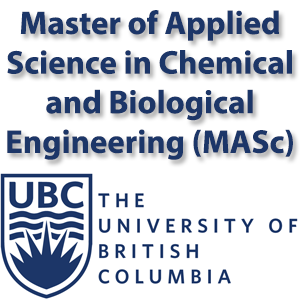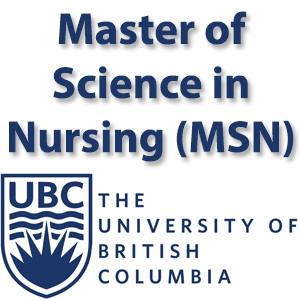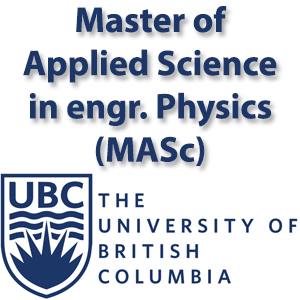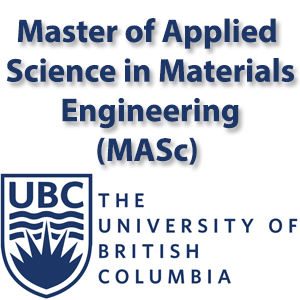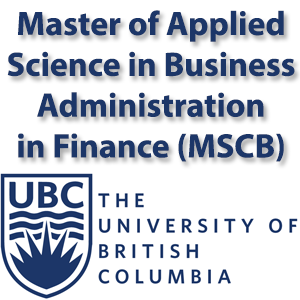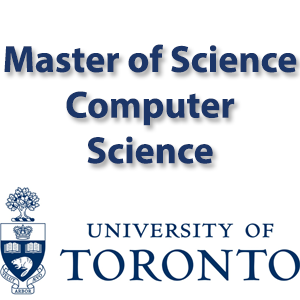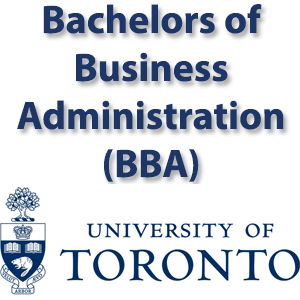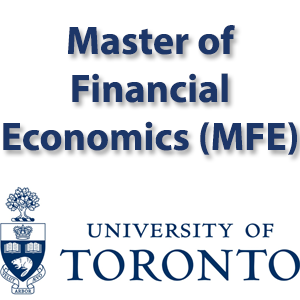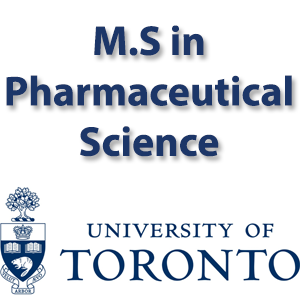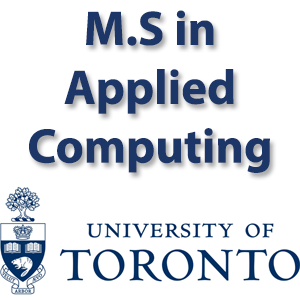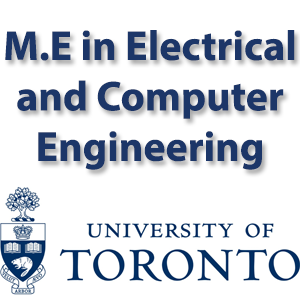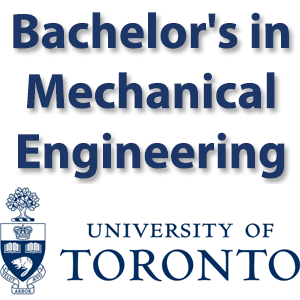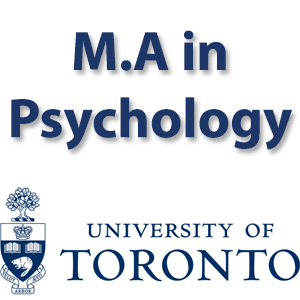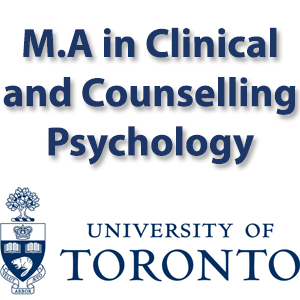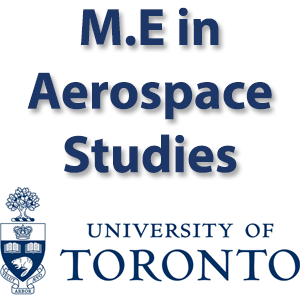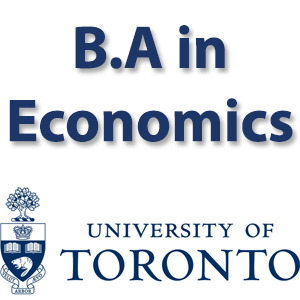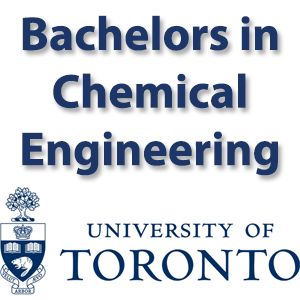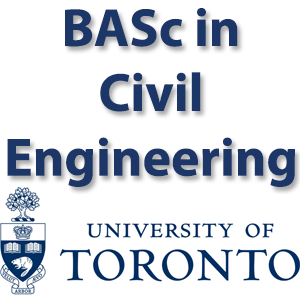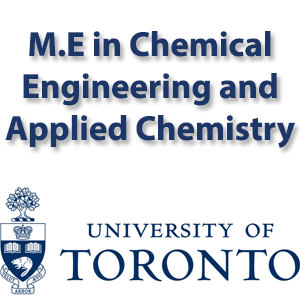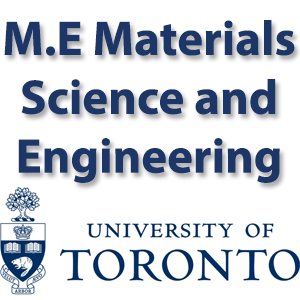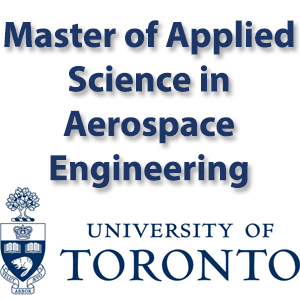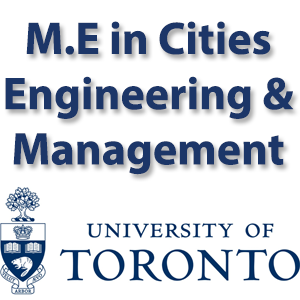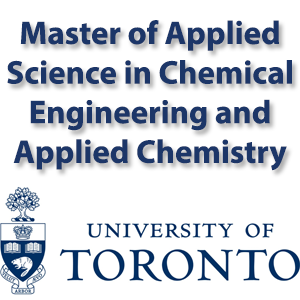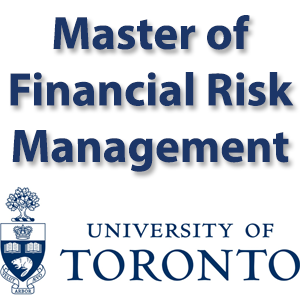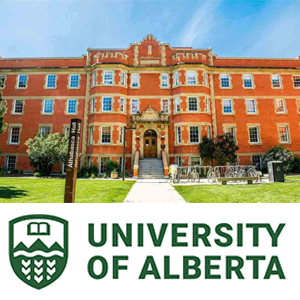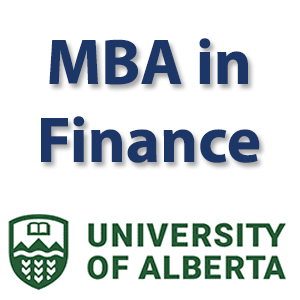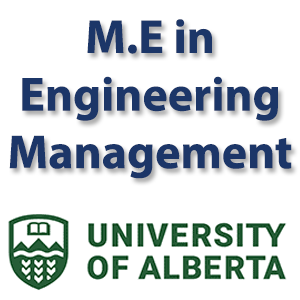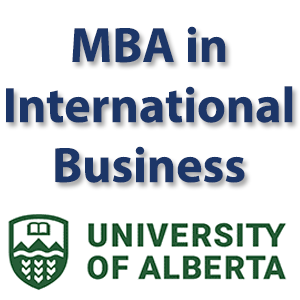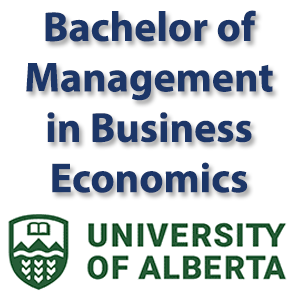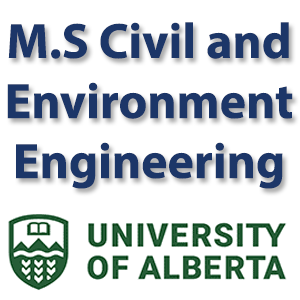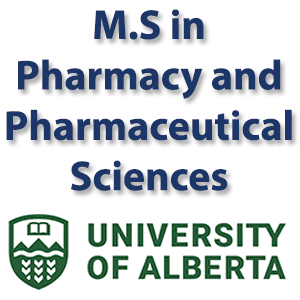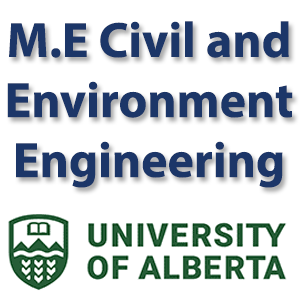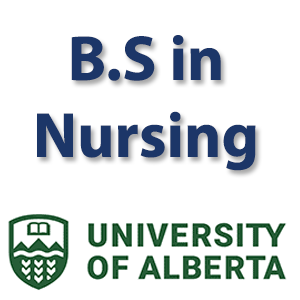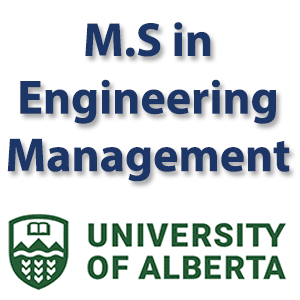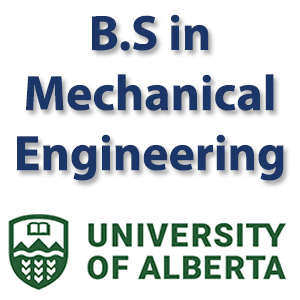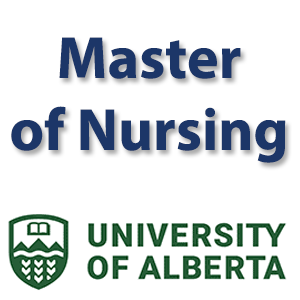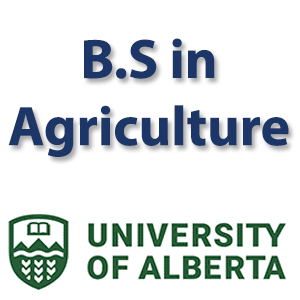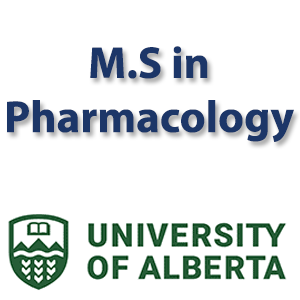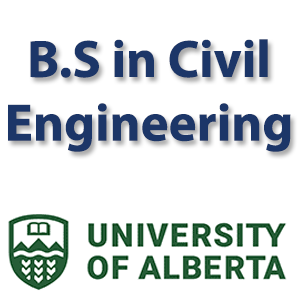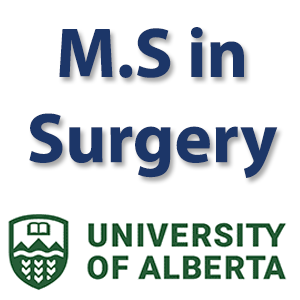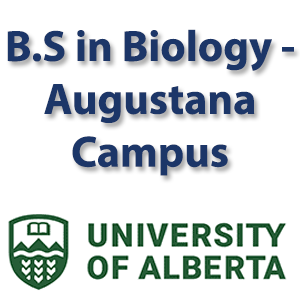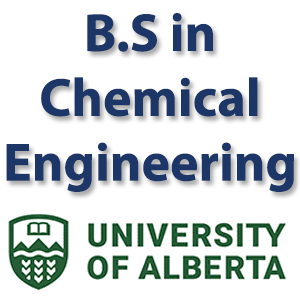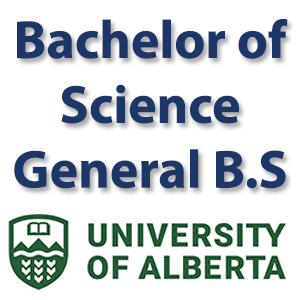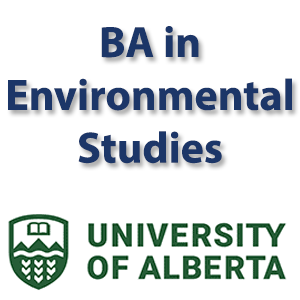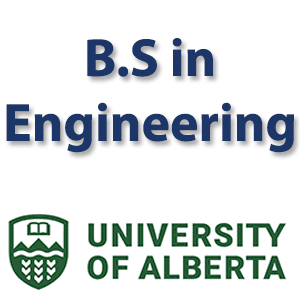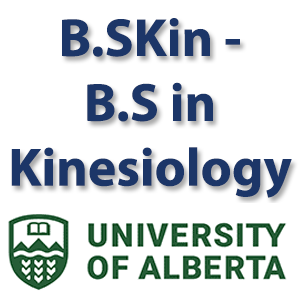English language requirements for undergraduate admissions
English is the language of study at Dalhousie; therefore, all applicants whose first language is not English must provide proof of English proficiency.
If you have attended a recognized English-based institution for three years at the secondary (high school) level or one year at the post-secondary level, you are generally considered to have met the requirement.
When proof is required, it can be satisfied through one of the following options:
English language testing
Below are the minimum scores required for the English language tests accepted by Dalhousie. If your test scores are lower than our minimums or you do not have proof of English, you may be offered conditional admission provided you complete another test or complete an approved English language pathway program.
IELTS
Test: International English Language Testing System (IELTS)
Minimum score: Overall: 6.5, Bands: 6.0
Submit a copy of the IELTS Test Form Report via email after you have submitted your application to international.admissions@dal.ca for verification.
TOEFL
Test: Test of English as a Foreign Language (TOEFL) or TOEFL at Home (online)
Minimum score: Overall: 90, Bands: 20
Request the results be sent to Dalhousie University from the tester directly.
Duolingo
Test: Duolingo English Test
Minimum score: Overall: 120
Request the results be sent to Dalhousie University from Duolingo directly.
MELAB
Test: Michigan English Test (formerly MELAB)
Minimum score: 55
CAEL
Test: Canadian Academic English Assessment (CAEL) / CAEL Online
Minimum score: 70
Pearson Test of English
Test: Academic
Minimum score: Overall: 61, Communicative skills scores: 50
Request the results be sent to Dalhousie University from the tester directly.
Cambridge English
Test: C1: Advanced / C2: Proficiency
Minimum score: Overall: 180
Request the results be sent to Dalhousie University from the tester directly.
Oxford English Language Level Test (Oxford ELLT)
Test: Oxford ELLT
Minimum score: 7 overall with no individual component below 6
Request the results be sent to Dalhousie University from the tester directly.
Dalhousie English language pathway
Dalhousie offers a range of English language programs accredited by Languages Canada that are designed for students and professionals at all levels of proficiency.
Learn more about our English for Academic Purposes (EAP) program
Partner English language institutions
Complete your English language pathway at one of our partner institutions:
CLLC
The Canadian Language Learning College (CLLC) has been offering leading language education in Canada for two decades.
Learn more about CLLC
Oxford International English School
The University College Pathway (UCP) at Oxford International prepares international students for future university or college studies by combining English language study with academic preparation.
Learn more about Oxford International
Country-specific admission criteria
Curious about the undergraduate admission requirements for Dalhousie University? See the equivalent qualifications needed for applicants from around the world. Ensure your academic credentials align with our standards and begin your academic journey with Dal. Admission is competitive and based on various factors including your academic background.
Equivalent qualification in your country
Your high school or post-secondary results must meet the general admission requirements for your chosen program. Please find your country below to see the equivalent qualifications required by Dalhousie.
Please note: the completion of one of the certificates or examinations listed in the chart below does not guarantee admission. Admission is based on several requirements, including subjects studied and grades achieved.
India
All India Senior School Certificate (CBSE) or Indian School Certificate (CISCE) or another Senior Secondary School Certificate awarded after Standard XII
About
Dalhousie University combines high-impact research, meaningful teaching, and a deep sense of social responsibility that inspires our diverse community to make a difference here in Nova Scotia, across Canada, and on the global stage.
Where infinite ambition meets global impact
Located on Canada’s welcoming East Coast, with campuses in the vibrant oceanside city of Halifax and an Agricultural Campus in the town of Truro, Dalhousie welcomes 21,000 students from across the country and more than 115 countries around the world.
We are Nova Scotia’s leading research-intensive university, with 13 faculties that expand understanding through teaching excellence and a drive for discovery resulting in more than $210 million in external research funding each year.
Dalhousie’s blend of groundbreaking research with outstanding teaching and makes for a unique and collaborative environment that empowers all our students, professors, researchers, and staff to achieve excellence and make a positive impact for our province, our country, and our world.
Dalhousie University is located in Mi’kma’ki, the ancestral and unceded territory of the Mi’kmaq. We are all treaty people.
We recognize African Nova Scotians are a distinct people whose histories, legacies, and contributions have enriched Mi’kma’ki for over 400 years.
Kjipuktuk and We’kwampetitk are the ancestral Mi’kmaq territories known today as Halifax and Truro.
Dal at a glance
- 300+ Programs
- Top 12 Canadian universities
- $250M+ Annual research funds administered
- Top university in Atlantic Canada
- 155,000+ Alumni around the world
- Gold Rating in Sustainability
Mission, vision, and values
Dalhousie University’s mission, vision, and values are focused on respect and inclusion in all of our academic, research, and civic priorities.
Our mission
To lift the intellectual, social, and economic vitality of our local, national, and global communities through an institution-wide commitment to a world-class student experience, interdisciplinary collaboration, and mutual respect and inclusion in all aspects of our academic, research, and civic priorities.
Our vision
Dalhousie inspires our diverse community to serve Nova Scotia, Canada, and the world through innovative and impactful teaching and research, world-class scholarship, a passion for learning, and a deep sense of social responsibility.
Strategic plan
A product of our shared aspirations as a Dalhousie community
Expressed through a comprehensive, engaging, and consultative planning process that has spanned two years, Dalhousie’s Strategic Plan (2021-2026): Third Century Promise, signals our long-term ambition while providing a clear, actionable strategy to guide us over the course of five years. Having been approved by Dalhousie’s Board of Governors in April 2021, our focus now shifts to the implementation of our strategic plan and its 37 action items. Updates will be shared with the Dalhousie community throughout this process and made available online.
Our Third Century Promise has five pillars of strategic intent to accelerate Dal’s path to global distinction and deepen our commitment as a civic university.
To develop our Third Century Promise, we sought to capture and reflect the goals and priorities of faculty, staff, students, and other members of our community.
As we implement our strategic Third Century Promise, new institutional plans and benchmarks will emerge and be shared with the Dalhousie community.
Reporting annually on our institutional progress is an important element of Dalhousie’s accountability to our community and our Board of Governors.
Impact on Global Goals
Dalhousie is committed to expanding understanding and adherence to the core principles of sustainability, advancing knowledge about climate change, and helping to catalyze evidence-based solutions through our teaching, research, and service that are consistent with the important work of fulfilling the United Nations Sustainable Development Goals (SDGs) for 2030.
Learn how Dal is working toward the goals by clicking the SDGs listed below.
Dal is contributing to achieving the these important global goals by:
- Supporting the SDGs through high-impact research
The university’s six Strategic Research Clusters are focused on global challenges, in ways that are measurable and collective. - Including social responsibility in our student experience
Dalhousie students are encouraged to get involved with creating a better future for all through curriculum, research opportunities, and campus activities. - Influencing change locally, nationally and globally
As stewards of the UN SDGs, we will leverage our global activities to deliver on our local commitments. - Putting these values to work in our own practices
University processes, structures, and governance support social responsibility and sustainability across the institution.
Dalhousie campuses
Dalhousie has three campuses in Halifax: Studley, Carleton, and Sexton. The Agricultural Campus is in Truro, Nova Scotia, and program-specific campuses are in Yarmouth, Nova Scotia and Saint John, New Brunswick.
Halifax
Halifax (Kjipuktuk) is the capital city of Nova Scotia and the educational, cultural, and economic hub of Atlantic Canada. It is home to the Studley, Carleton and Sexton Campuses.
Truro and Bible Hill
About one hour’s drive from Halifax, Dalhousie’s Agricultural Campus is located just outside of Truro (We’kwampetitk) in the village of Bible Hill.
Yarmouth
Our Yarmouth (Kespoowuit) Campus gives students an opportunity to study nursing in a rural community 300km south of Halifax.
Saint John, NB
The Dalhousie Medical Education Program in Saint John (Menaquesk), New Brunswick is an expansion of the Faculty of Medicine. The program admits 30 students each year.
Living in Nova Scotia
There is something undeniably special about this place and our East Coast lifestyle.
You’ll discover the friendliest people you’ll ever meet, stunning landscapes, and lots to see and do in this East Coast province. Pack your bags and experience life in Nova Scotia.
Beautiful learning environments
From our Halifax campuses to our Agricultural Campus to Dalhousie Medicine New Brunswick and the School of Nursing in Yarmouth you’ll experience unique spaces that range from historic, ivy-covered buildings to modern facilities.
Our commitment to safety
We are committed to providing a safe environment for students, faculty, staff, and visitors. Security Services operates 24 hours a day, 365 days a year providing vehicle, bicycle, and foot patrols across campus.
Dalhousie history
Inspiring minds for over two centuries
Founded in 1818, Dalhousie has been delivering an exceptional education for more than 200 years. With campuses in Truro, Yarmouth, and New Brunswick, our reach continues to expand beyond Halifax and into other parts of our region.
View a timeline of our history
Origins
Dalhousie is named for George Ramsay, the ninth Earl of Dalhousie and Nova Scotia Lieutenant-Governor in the early 19th century. He wanted to establish a Halifax college open to all, regardless of class or creed, at a time when most universities were organized based on religious denominations. He envisioned his college in the model of the University of Edinburgh, near his Scottish home.
The spoils of war helped fulfill his dream. During the War of 1812, Castine, a small port in Maine, was being used as a base by American privateers who harassed ships along the Eastern Seaboard. Britain sent a Royal Navy force from Halifax to capture Castine and turn it into a customs port of entry. When the war ended, the navy returned to Halifax with the money it had collected as customs duties. Lord Dalhousie invested 7,000 pounds of this treasure as an endowment for the college and put aside 3,000 pounds for its construction.
In 2016, Dalhousie University commissioned a scholarly report to explore the entanglements between Lord Dalhousie and the institutions of slavery and racism. Among its findings were that some of the customs duties collected from Castine were generated by West Indies traders dealing in slave-produced commodities.
Early struggles
After the college was founded in 1818, Lord Dalhousie was appointed Governor General of Canada and left Halifax. In its early years, the institution faltered. The first instruction was not offered until 1838. Its operation was only intermittent, and degrees were not awarded for some time.
Nearly 50 years after its beginning, the college was reorganized. In 1863, Dalhousie opened with six professors and one tutor. In 1866, Dalhousie awarded its first two Bachelor of Arts degrees to Joseph Henry Chase and Robert Shaw. The student body that year consisted of 28 students working for degrees and 28 occasional students. Margaret Florence Newcombe was the first woman to graduate, with a BA in 1885, and the first black law graduate, James Robinson Johnston, graduated in 1896.
Money continued to be a problem for the new institution. In 1879, it looked as though the university might fail until George Munro, a wealthy New York publisher with Nova Scotia roots, started donating to the university. Over the years, he contributed five endowed professorships and about $83,000 in bursaries and exhibitions — in today’s currency, an amount worth more than $15 million. For saving the university from closure, a special university holiday, George Munro Day, is observed the first Friday in February. And in the nearly 150 years since Munro gave his first gift, a tradition of generosity, from donors large and small, has helped create the thriving university of today.
Making moves
The original site of the college was on the Grand Parade, in downtown Halifax where the City Hall stands today. In 1886, the university moved to the Forrest Building on what is now the Carleton campus and spread gradually to occupy Studley Campus.
In the 20th century, Dalhousie grew steadily and as the new millennium approached its important role in Nova Scotia expanded even further. On April 1, 1997, Dalhousie amalgamated with the Technical University of Nova Scotia (TUNS), another Halifax-based university, strengthening the university’s ability to explore new applied technologies. This included a newly created Faculty of Computer Science. The name of the amalgamated institution continued as Dalhousie University. Fifteen years later, Dalhousie amalgamated with another prominent Nova Scotia institution: the Nova Scotia Agricultural College (NSAC) in Truro, which became the Faculty of Agriculture and whose faculty, staff and nearly 1,000 students were welcomed into the Dalhousie family.
The modern era
Dalhousie continues to grow. In recent years, new buildings and facilities have changed the landscape of our campuses. Projects like the Collaborative Health Education Building, the Mona Campbell Building, the Emera IDEA Building and the Richard Murray Design Building provide spaces for collaboration and innovation, and reflect our commitment to sustainable building practices.
Today, Dalhousie has grown from a “small college by the sea” to a community with more than 20,000 students, over 6000 faculty and staff and more than 157,000 alumni worldwide.
International Tuition Guarantee
DALHOUSIE’S NEW INTERNATIONAL TUITION GUARANTEE
If you are an international student (not a Canadian citizen or Permanent Resident) entering an undergraduate program in the Faculties of Agriculture, Arts & Social Sciences, Computer Science, Engineering, Management or Science for Fall 2023 or later, you will be part of Dalhousie’s new International Student Tuition Guarantee.
Tuition and fees under the International Tuition Guarantee structure are payable in the Fall and Winter. Half of the annual program amount will be charged in each of those terms, based on the program tuition rate in effect for the cohort and program to which the student belongs. Cohorts are determined by the Academic year in which the student starts their program at Dal. It should be noted that the tuition amounts are irrespective of the number of courses the student is taking, or whether they are in a co-op work term at that time. This model allows for consistent and standardized tuition assessment throughout the student’s academic journey.
The guarantee is based on normal time to complete and standard credit attempts for the respective program. Students choosing to accelerate their studies by taking Summer courses will be charged 25% of the annual program tuition amount for that term, in addition to the normal Fall/Winter amounts. Students who repeat courses will pay additional tuition beyond the standard program cost for the extra credit attempts. Students who have accelerated, or repeated courses, or who have any other variations from the standard program/credit amounts, such as transfer credits, will pay an adjusted tuition amount in their final year.
Students in these programs will pay a fixed tuition price each year and tuition will not increase or decrease over the duration of the guarantee. This means stable, predictable annual tuition fees in Canadian dollars (CAD) over the course of the program.
Dalhousie’s International Tuition Guarantee applies to the Faculties in the table below which house the majority of Dalhousie’s international undergraduate students.
This list of Faculties applies as of the 2025-26 academic year; programs in other Faculties may be added to the tuition guarantee in the future.
| Faculty | Undergraduate Guaranteed International Tuition (2025-26)* |
|---|
| Faculty of Agriculture | $29,157 |
| Faculty of Arts & Social Sciences | $35,842 |
| Faculty of Computer Science | $39,326 |
| Faculty of Engineering | $45,842 |
| Faculty of Management | $39,663 |
| Faculty of Science | $35,842 |
* Please note:
- Incidental fees will be subject to change each year. These include the student service fee, the facilities renewal fee, the Dalhousie Student Union fee, and other specialized course-specific fees, such as auxiliary fees etc. All amounts are in Canadian dollars (CAD).
- Dalhousie’s International Tuition Guarantee does not include co-operative education fees – if you enter a co-op program, additional fees will apply.
FREQUENTLY ASKED QUESTIONS
The following information is intended to help guide students in decision making and is subject to change. Exceptions may apply. For further questions, please contact student.accounts@dal.ca.
Please refer to the following definitions referenced below:
- Assessed: indicates the calculated/estimated amount of tuition and fees required to be paid.
- Charged: the assessed tuition fees that will be applied to a student account.
- Payment: the amount applied to the account after Dalhousie receives funds.
- Transfer Credits: the recognition of previously completed coursework from another post-secondary institution or higher-level secondary curriculum, through the granting of credits at Dalhousie. This results in fewer credits being required for completion of the selected faculty program.
International student scholarships, bursaries and awards
Below is a list of scholarships, bursaries and awards that are open to International students, including both entrance and in-program awards. Also indicated on each card below are the value of the award and the maximum duration of the award. Click on each card for deadline details and application information.
A.S. Mowat Prize
Available to all Master’s students • February 1 • In-program scholarship • Canadian or international students • $1,500 • One-time
A.S. Mowat Prize
Abdul Majid Bader Graduate Scholarship
Thesis-based master’s or doctoral • Entrance or in-program scholarship • International students (Iranian students preferred) • $40,000/yr • 2 years
Abdul Majid Bader Graduate Scholarship
BHASHA Bursary
All Master’s or Doctoral • October 31 at 4 p.m. • In-program bursary • Canadian or International students • $1,000
BHASHA Bursary
Chinese Scholarship Council – PhD scholarship
Doctoral • Entrance Scholarship • International Students • Up to 4 years
Chinese Scholarship Council – PhD scholarship
Dalhousie 1-Year Master’s Scholarship
Thesis-based master’s • Entrance or in-program • Canadian or International students • $20,000 for one year
Dalhousie 1-Year Master’s Scholarship
Dalhousie Research Excellence Scholarship
Doctoral • Entrance scholarship • Canadian and international students • $35,000 per year • Up to four years
Dalhousie Research Excellence Scholarship
Dr. Edgar Z. Friedenberg Award
Doctoral • December 13 at 4 p.m. • In-Program • Doctoral • Canadian or international students • minimum of $750
Dr. Edgar Z. Friedenberg Award
Dr. Paul Anthony & Thelma Johnstone Bursary
All Master’s or Doctoral • October 31 at 4 p.m. • In-program bursary • Canadian or international students • At least $1,000 • One-time
Dr. Paul Anthony & Thelma Johnstone Bursary
FGS Emergency Bursary
All Master’s or Doctoral • In-program scholarship • Canadian or international students • Up to $1,000 • Once per year
FGS Emergency Bursary
Glendon Chase McCormick Scholarship
All Master’s or Doctoral • December 13 at 4 p.m. • In-Program • Masters or Doctoral • Canadian or international students • minimum of two $4000 awards
Glendon Chase McCormick Scholarship
Harold A Robertson Scholarship
All Master’s or Doctoral • October 31 at 4 p.m. • In-program scholarship • Canadian or International students • $5,000 • One-time
Harold A Robertson Scholarship
John and Lena Graham Commonwealth Bursary
All Master’s or Doctoral • October 31 at 4 p.m. • In-program bursary • International students • At least $1,000 • One-time
John and Lena Graham Commonwealth Bursary
Ken Saunders Bursary
All Master’s or Doctoral • October 31 at 4 p.m. • In-program bursary • Canadian or International students • $2,000 • One-time
Ken Saunders Bursary
Killam International Research Award
Doctoral • Killam Scholars • $6,000 • In-program scholarship • One-time
Killam International Research Award
Killam Predoctoral Scholarship Level 2 (Doctoral)
Doctoral • Entrance or in-program scholarship • Canadian or international students • $42,000/yr • Up to 3 years
Killam Predoctoral Scholarship Level 2 (Doctoral)
Michael Smith Foreign Study Supplements
For Tri-Agency Canadian Graduate Scholarship holders • $6,000 • One-time
Michael Smith Foreign Study Supplements
Mitacs Globalink Research Award
Master’s or Doctoral • In-program scholarship • Canadian or international students • $6,000 • One-time
Mitacs Globalink Research Award
Nova Scotia Graduate Scholarship – Doctoral
Doctoral • Entrance scholarship • Canadian or international students • $15,000/yr • Up to 4 years
Nova Scotia Graduate Scholarship – Doctoral
Nova Scotia Graduate Scholarship – Master’s
Thesis-based master’s • Entrance scholarship • Canadian or international students • $10,000/yr •Up to 2 years
Nova Scotia Graduate Scholarship – Master’s
The President’s Awards
Doctoral • Entrance or in-program scholarship • Canadian or international students • Value equal to tuition fees • Up to 2 years
The President’s Awards
The Vitamin Scholarship
Doctoral • Entrance or in-program scholarship • Canadian or international students • $21,000/yr • Up to 2 years
The Vitamin Scholarship
Travel grant
Thesis-based Master’s or Doctoral • In-program scholarship • Canadian or international students • $500 • One-time
Travel grant
Woman Life Freedom Scholarship
All Master’s or Doctoral • October 31 at 4 p.m. • In-Program First Year Masters or PhD at Dalhousie • Iranian students • Identifies as a woman &/or another equity-deserving gender identity • $2,500
What type of student succeeds in engineering?
The enthusiastic, dedicated student with good math skills, an appreciation for the physical sciences, and a good work ethic is mostly likely to succeed.
What types of engineering programs are available at Dalhousie?
Programs are offered in Chemical, Civil, Electrical, Environmental, Industrial, Mechanical, and Mineral Resource. Within these programs, it is also possible to further specialize in Biomedical, Computer, Water Resources, Petroleum, Mining, Manufacturing, Ergonomics, Materials, Electronics, Power Systems, Infrastructure, Operations and other areas.
Are your programs accredited?
All Dalhousie Engineering programs are accredited by the Canadian Engineering Accreditation Board.
When do I have to apply for my program, and are there any restrictions?
In the winter term of their first year, students apply to their programs of choice. Those with an engineering Grade Point Average (GPA) of 3.5 or higher are guaranteed their first choice of program. The remaining students are ranked by first year GPA, and in this order are given their best choice until a particular program is full.
If I am not sure which area of engineering to choose, is help available?
Each year there are lectures, seminars and open house activities where first-year students can see what type of work each engineering program involves. Students also have the opportunity to visit and speak to faculty and students within the various programs.
How large are the classes in engineering?
First year classes can be as large as 400 students in the lectures but are subdivided into smaller groups of no more than 60 for tutorials or labs. In later years, class size will depend on the program of choice and may vary from 10 to 120 students. Most classes average 30-40 students.
How long is the engineering degree program at Dalhousie?
The BEng program is eight or nine academic terms (depending on discipline), plus three optional co-op work terms: a four-year program without Co-op, and a five-year program with Co-op.
Do I need a computer?
Yes – every engineering student needs a computer, preferably a laptop. Buy the most RAM and fastest CPU you can afford. You can choose the operating system you are most comfortable with (Windows, Mac OS or Linux). The engineering design software works only on Windows, but you will be given a MS Windows license to install on your computer. You will also have MS Office and other development software for your computer. In general, we provide licenses for most of the software you will need in your engineering program.
When does Co-op start?
Students apply to the Co-op program in December or April of their second year (dependig on discipline). The first work term may begin in September, January or May of the third year, depending on the program.
How do I qualify to do Co-op?
Students must achieve an engineering GPA of 2.3 and complete all required courses in their first two years of studies to be admitted to Co-op, and must maintain a 2.3 CGPA to continue in the Co-op program.
Does everyone get a co-op job?
Historically, there have been more co-op jobs available than students to fill them. Your success will depend on your grades, experience, ability to sell yourself, and willingness to relocate. The Co-op office provides training in résumé writing and interview skills. Because co-op jobs are secured through a competitive process, however, the university cannot guarantee a co-op position for every student.
What is the starting salary for an engineering graduate?
Every three years, Engineering Nova Scotia participates in an Atlantic Canada (NS, PEI, NB, NL) wide engineering survey.
The average salary for an Engineering in Training (first four years of employment) in Nova Scotia in 2015 was $59,550. The range from lower to upper quartile was $55,000 to $65,000. Program choice, industry and job location can all influence potential salary.
Is financial support available for engineering students?
Yes. In addition to the general Dalhousie University scholarships and bursaries, there are many scholarships and bursaries exclusively for engineering students. All engineering students entering third year with a cumulative engineering GPA above 3.85 will receive a scholarship if they apply.
Are there Graduate Engineering programs?
Yes, see the Graduate Studies FAQ on the Dalhousie Faculty of Engineering web site.
Who should I contact if I have more questions about Undergraduate Engineering programs?
Dr. George Jarjoura,
P.Eng. Director,
Core Engineering Program george.jarjoura@dal.ca
Associate Dean’s Office
engineering@dal.ca
902-494-2963



